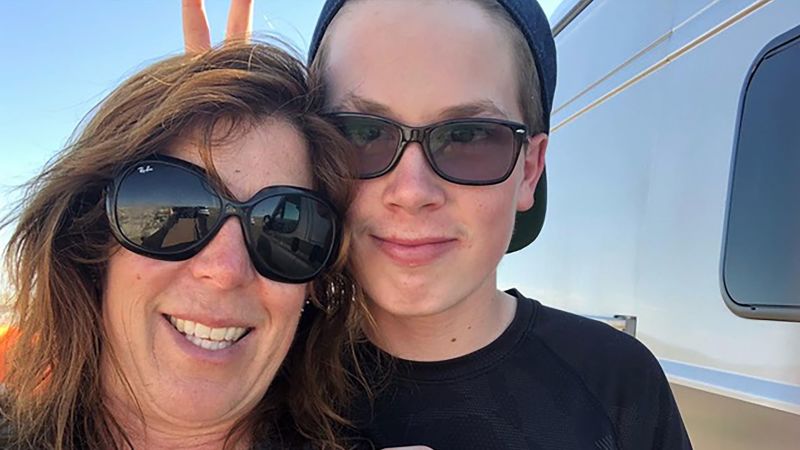steve_bank
Diabetic retinopathy and poor eyesight. Typos ...
One of many occurrences. Should the government control the media?
Does the f1st Amendemnt apply to private media platforms?

 www.cnn.com
www.cnn.com
Does the f1st Amendemnt apply to private media platforms?

A 17-year-old boy died by suicide hours after being scammed. The FBI says it's part of a troubling increase in 'sextortion' cases. | CNN
Ryan Last received a message on a school night in February from someone he believed to be a girl.
CNN —
Ryan Last received a message on a school night in February from someone he believed to be a girl.
Within hours, the 17-year-old, straight-A student and Boy Scout had died by suicide.
“Somebody reached out to him pretending to be a girl, and they started a conversation,” his mother, Pauline Stuart, told CNN, fighting back tears as she described what happened to her son days after she and Ryan had finished visiting several colleges he was considering attending after graduating high school.
The online conversation quickly grew intimate, and then turned criminal.
The scammer – posing as a young girl – sent Ryan a nude photo and then asked Ryan to share an explicit image of himself in return. Immediately after Ryan shared an intimate photo of his own, the cybercriminal demanded $5,000, threatening to make the photo public and send it to Ryan’s family and friends.
